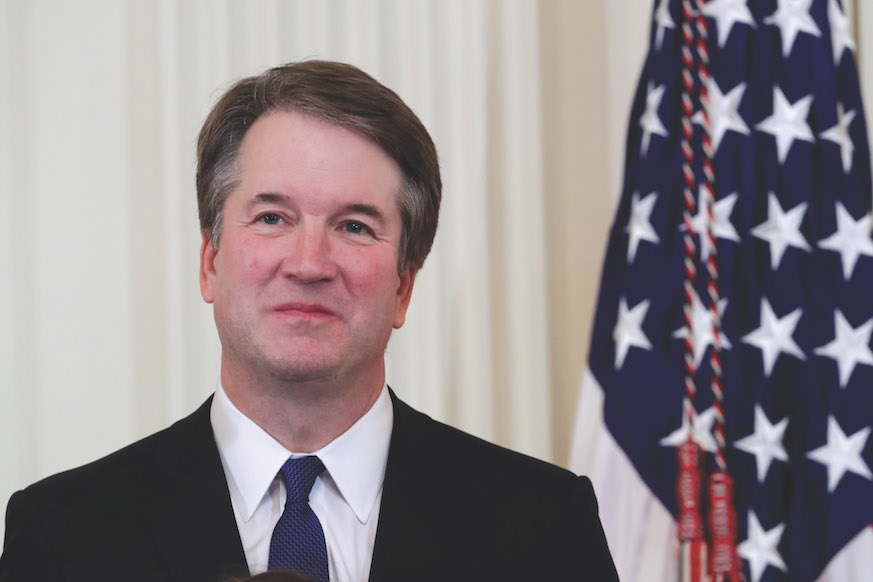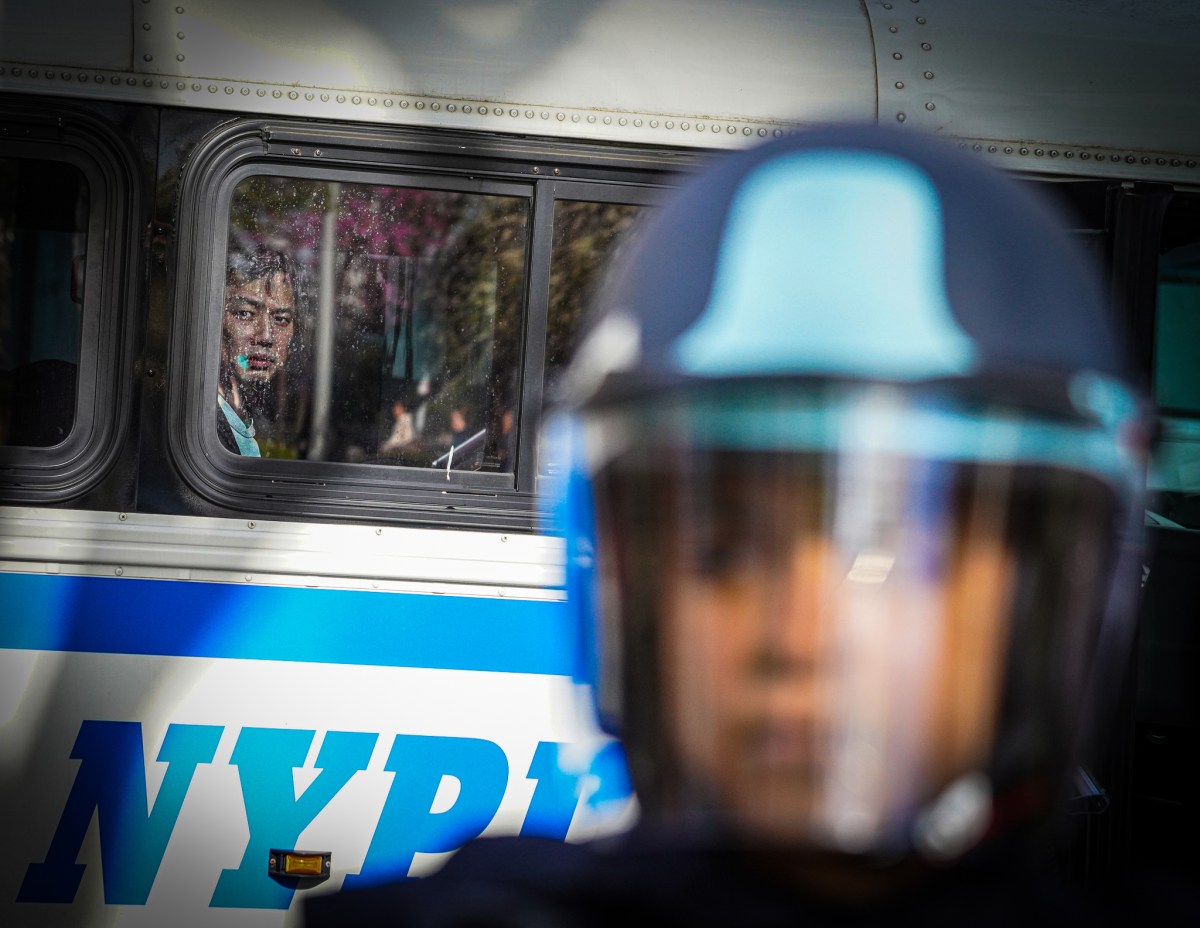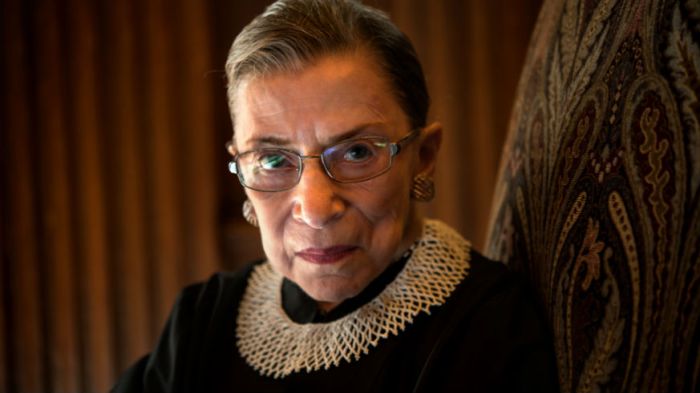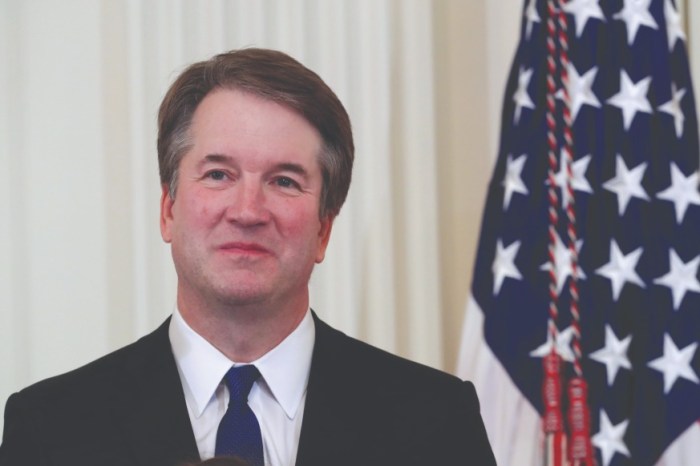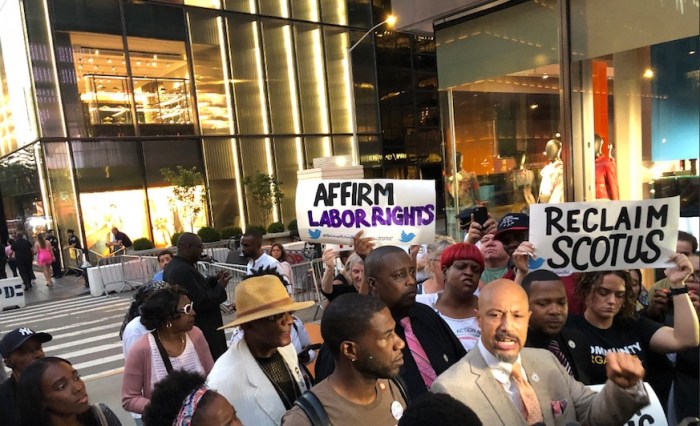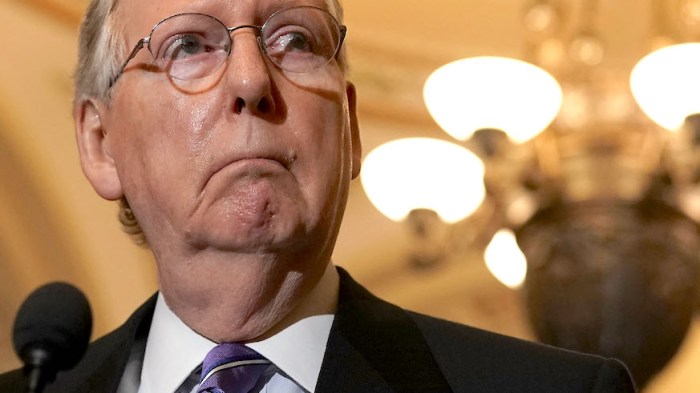By many accounts, embattled Supreme Court nominee Brett Kavanaugh did not do himself any favors during his Monday night interview on Fox News. President Trump reportedly said Kavanaugh seemed “weak,” and the nominee, who has been accused of committing sexual assault as a teenager, made claims — such as that he was a virgin for “many years after high school” and wasn’t a heavy drinker — that acquaintances immediately took to Twitter to dispute.
Questions about Kavanaugh’s honesty permeated his confirmation hearings — well before Christine Blasey Ford accused him of sexually abusing her during a drunken party in high school — and began with his first remarks after his nomination was announced.
Brett Kavanaugh has a record of lying under oath
1. At the White House event in which President Trump formally nominated him, Kavanaugh said, “No president has ever consulted more widely, or talked with more people from more backgrounds, to seek input about a Supreme Court nomination.” As a number of analysts pointed out, Kavanaugh’s name came from a list generated by the ultra-conservative Federalist Society and circulated by Trump as a presidential candidate.
2. There is evidence that Kavanaugh lied under oath during confirmation hearings for his previous judicial positions, wrote former Sen. Russ Feingold in HuffPost. During Kavanaugh’s confirmation hearing for his 2006 appointment to the U.S. Circuit Court of Appeals in D.C., Feingold asked about Kavanaugh’s involvement with Judge Charles Pickering, who was accused of breaching judicial ethics by collecting letters of support from other judges while up for his own Circuit Court post. Kavanaugh said he was not involved with Pickering. But recently released emails showed that Kavanaugh was the primary person involved in handling Pickering’s nomination. “One Department of Justice official even asked for Kavanaugh’s ‘blessings and instructions’ before calling the nominee. Others may have been involved, but Kavanaugh played a decisive leadership role in managing Pickering’s nomination and then lied to me about it,” wrote Feingold.
3. During his confirmation hearings for the Circuit Court and the Supreme Court, Kavanaugh — who, as assistant White House counsel, was in charge of preparing President George W. Bush’s judicial candidates for their Senate hearings — denied receiving opposition research stolen from Democratic senators by a GOP Senate aide named Manuel Miranda.
But recently released emails show that Kavanaugh received content from “numerous emails, draft letters and memos laying out the legal arguments Democrats were going to make regarding Bush’s judicial nominees, including talking points written by a staffer to Sen. Patrick Leahy (D-Vt.),” wrote Feingold in HuffPost on Sept 17. “One email even had the subject line ‘Spying’ on it. Kavanaugh not only received that message, which mentioned a “mole,” but forwarded it to Gonzales. Leahy asked Kavanaugh about this regrettable episode in the 2004 confirmation hearing, and Kavanaugh’s responses were both unsatisfying and evasive.”
4. When Sen. Kamala Harris asked Kavanaugh if he had ever discussed Robert Mueller’s Russia investigation with an attorney at the firm of Kasowitz Benson Torres — which was founded by Marc Kasowitz, President Trump’s personal lawyer — he stammered and awkwardly attempted to obfuscate, but didn’t answer the question.
For now, the GOP is standing behind Kavanaugh ahead of Thursday’s hearing in which he will respond to Christine Blasey Ford’s accusations, which have now been bolstered by two more women. But a few Republican senators are waffling, and depending on what Kavanaugh says, some may look back at his record and end up agreeing with Feingold: “As a onetime member of the Senate Judiciary Committee, I considered the truthfulness of judicial nominees as a non-negotiable quality,” he said. “Lying under oath cannot and must not be rewarded with a seat on the nation’s highest court, and lies cannot remain unchallenged.”

